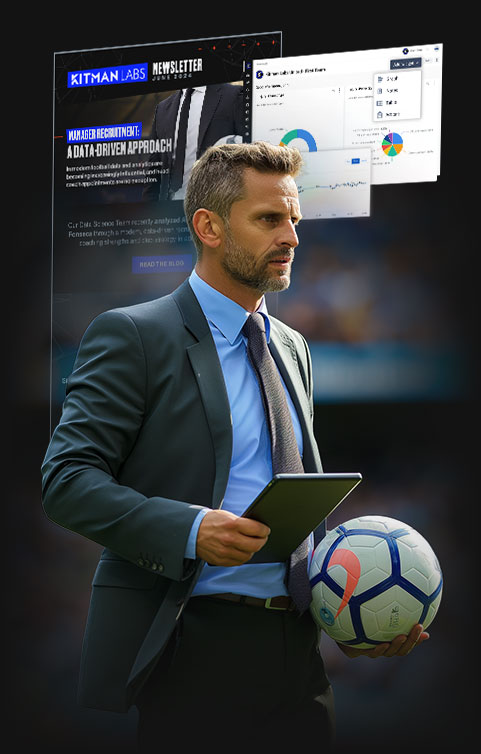Recent headlines showcase performance intelligence’s increasing relevance for our industry, with more and more teams looking to leverage its enormously powerful capabilities in three key areas:
- CULTURE shaped by objective insights to gain strategic alignment,
- INSIGHTS pulled from analytics to inform strategy, and
- ADAPTABILITY, required for responding to unforeseen developments and our industry’s relentlessly high expectations.
Let’s peel back the onion for a closer look this “CIA” of performance intelligence.
Culture
Smart teams understand organizational culture hinges on individual behaviors at the atomic level; they leverage performance intelligence’s objective insights as activation energy to spark chain reactions either to change or maintain those behaviors. Munster Rugby offers a great example, with strength and performance coach Cian Gormley pointing out how it’s incredibly motivating for his athletes to know and compare their personal stats, which in turn fuels a culture of constant improvement across the squad. But this power of transparent data also holds for coaches, too: Leeds United head coach Marcelo Bielsa recently appealed to it while firing back at assertions of player fatigue. “The physical performance [data] of Leeds United is available to those who would like to look.” That includes his own team.
At the macro level, performance intelligence insights also let organizations see where it makes sense for paths to diverge. This is how I read Paul Gustard’s leaving Harlequins for Benetton. Managers and clubs are maturing in their thinking of what they need out of a relationship and how cultural values and alignment are the glue that bonds successful tenure. In the age of performance intelligence, as analytics, automation, and deep-learning technology empower organizations to compete in ways we’ve never seen before, a shared organization-wide vision is absolutely essential. If a common vision isn’t there, it makes sense to make a change.
Insights
The organizations that get performance intelligence right know it isn’t just about amassing data; it’s about drawing the right insights from the right data to know what matters most and why.
Let’s look closer at Munster Rugby: they don’t just track the distances players run, but meters of sprints within total distance, accelerations, and decelerations. As Gormley says, “Just looking at numbers doesn’t always do the game justice.” He notes the team’s wearable technology affords lots of capability on analytics, but it’s the coaches’ responsibility to:
Put some context on it and adapt it to our environment because what works for one time may not necessarily work for another.

As I’ve written previously, the right role of data is supporting — not replacing — coaches’ expertise and authority, but this may also be why more clubs like CF Montréal, LAFC and Colorado Rapids are promoting former performance analysts to management roles.
Adaptability
Jürgen Klopp and Liverpool probably didn’t expect to be going to the transfer market this time of season looking for defenders. Similarly, Chelsea’s mid-season appointment of Thomas Tuchel as head coach underscores the incredibly dynamic nature of our industry. For both organizations, agility is key not only to weathering disruptive change but thriving as a consequence of it. Performance intelligence harnesses data for insights to help organizations achieve that agility in real-time.
For example, in Liverpool’s case, they had to know which questions to ask and how best to leverage huge amounts of information to find what Klopp called “the right players” before ultimately selecting Ben Davies and Ozan Kabak. To our point on culture above, they weren’t just bringing in more defenders, they were finding high performers who fit Liverpool’s ethos and playing style. With Chelsea, the club’s high expectations are entirely justified, but this can often translate to short tenures for managers, which puts the spotlight on adaptability all the more for the rest of the organization. Performance intelligence capabilities facilitate that rapid adjustment.
Moving forward, we expect organizations to aggressively pursue greater leverage on culture, insight, and adaptability – the CIA of performance intelligence – all the more. This performance intelligence arms race is accelerating, partly as teams seek ever more advantages amid the global pandemic’s continued disruption, but also because deciders themselves are increasingly buying into the approach.
I’ll be sharing thoughts on sport’s most impactful developments and news on an ongoing basis. I welcome your feedback on Twitter or at stephen@kitmanlabs.com.




